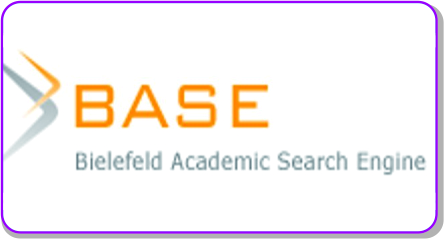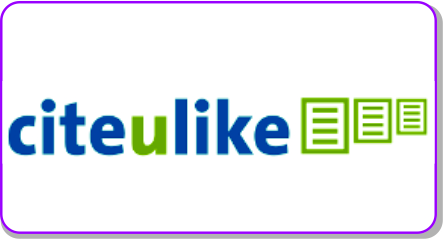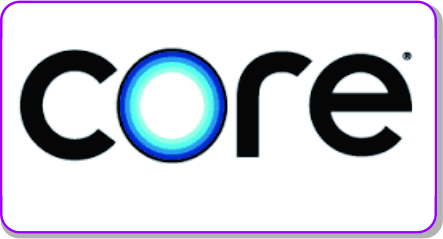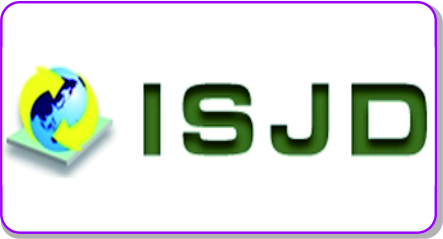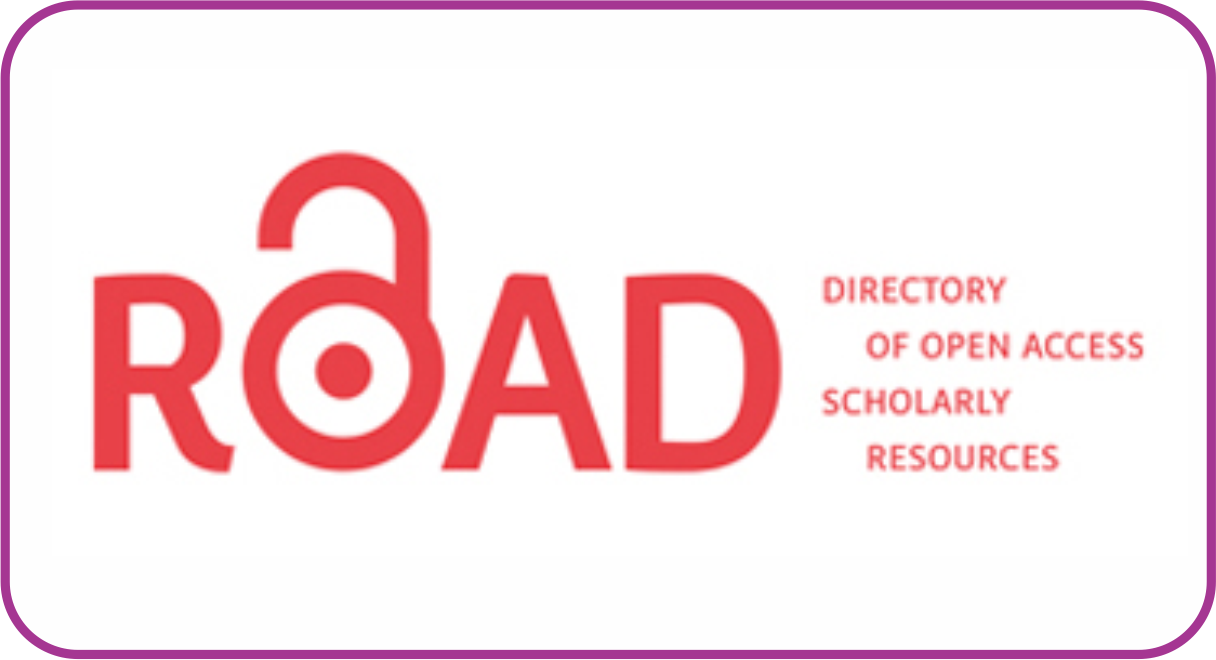Improving Student Career Adaptability Through Microblogs
DOI:
https://doi.org/10.30983/educative.v7i1.5444Keywords:
Student, Career Adaptability, MicroblogAbstract
The research was motivated by the need for career adaptability development for UIN Sultan Maulana Hasanuddin Banten students to be able to anticipate problems such as discovering the desired field of work and the difficult task of job searching. Microblogs make it easier for students to find and utilize career information online and increase awareness of career opportunities and challenges. This study examines the effectiveness of microblogs in improving students' career adaptability. The method used is quasi-experimental. The research population is UIN Sultan Maulana Hasanuddin Banten students who are followers of the Instagram handle @unitkarir_uinsmhbanten, totaling 549 people. The sample used is 15% of the total population, 82 people, who were selected randomly. Research data on career adaptability was obtained using the career adaptability scale, which refers to the construct of Mark L. Savickas. The results showed that microblogs were proven to significantly improve students' career adaptability, based on tstat (35,039) > ttable (1.66365), and sig = 0.000 < 0.05. The average change in career adaptability (N-Gain) obtained is 62%. The aspect of career adaptability that increased the most after students joined the microblog was career control, followed by career curiosity and career concern
Penelitian dilatar belakangi oleh adanya tuntutan pengembangan career adaptability pada mahasiswa UIN Sultan Maulana Hasanuddin Banten, agar mampu mengantisipasi masalah seperti kekhawatiran tidak mendapatkan pekerjaan dan kurangnya pemahaman tentang bidang pekerjaan yang diinginkan. Microblog lebih memudahkan mahasiswa untuk menemukan dan memanfaatkan informasi karier secara online, dan diharapkan dapat meningkatkan kesadaran terhadap peluang dan tantangan karir. Penelitian bertujuan menguji efektivitas microblog dalam meningkatkan career adaptability mahasiswa. Metode yang digunakan adalah quasi-eksperimental. Populasi penelitian adalah mahasiswa UIN Sultan Maulana Hasanuddin Banten yang menjadi pengikut (followers) Instagram @unitkarir_uinsmhbanten yang berjumlah 549 orang. Sampel yang digunakan adalah 15% jumlah populasi yaitu 82 Orang dan dipilih secara random. Data penelitian mengenai career adaptability diperoleh menggunakan skala career adaptability yang mengacu kepada konstruk dari Mark L.Savickas. Hasil penelitian menunjukkan Microblog terbukti secara signifikan dapat meningkatkan career adaptability mahasiswa, berdasarkan perbandingan antara thitung dengan ttabel yaitu, thitung (35.039) > ttabel (1.66365), serta nilai sig = 0.000 < 0.05. Rata rata perubahan career adaptability (N-Gain) yang diperloeh adalah 62%. Aspek career adaptability  yang paling meningkat setelah mahasiswa mengikuti microblog adalah career control, selanjutnya diikuti oleh aspek career curiosity, dan career concern.Â
References
Book
Arifin, A. L., The Secret to Millennial Engagement (Jakarta: Gramedia Pustaka Utama, 2019)
Faisal, M, Generasi Phi: Memahami milenial pengubah Indonesia. (Jakarta: Republika, 2017)
Savitri, A., Revolusi Industri 4.0: Mengubah Tantangan Menjadi Peluang di Era Disrupsi 4.0. (Yogyakarta: Penerbit Genesis, 2019)
Journal
Alissa, S., dan S. Z. Akmal, “Career Decision Making Self-Efficacy Mediator Antara Dukungan Kontekstual dan Adaptabilitas Karier.,†Jurnal Psikologi Pendidikan & Konseling: Jurnal Kajian Psikologi Pendidikan dan Bimbingan Konseling, 5.1 (2019)
Argyropoulou, K., dan A. Kaliris, “From career decision-making to career decision-management: New trends and prospects for career counseling.,†Advances in Social Sciences Research Journal, 5.10 (2018)
BACANLI, F., dan A. F. SARSIKOĞLU, “Personality Traits As Predictors of Career Adaptability of Young Adults,†Cukurova University Faculty of Education Journal, 50.1 (2021), 217–46
Celik, P., dan M. Storme, “Trait emotional intelligence predicts academic satisfaction through career adaptability.,†Journal of Career Assessment, 26.4 (2018)
Coetzee, M., dan D. Schreuder, “Proactive career self-management: Exploring links among psychosocial career attributes and adaptability resources,†South African Journal of Psychology, 48.2 (2018)
Darmawani, E., dan A. R. Suryahadikusumah, “Career Adaptability as A Career Competency for Generation Z,†in Prosiding Webinar Konvensyen Kaunseling Kebangsaan Kali Ke-22, 62, 2021 <https://www.researchgate.net/profile/Amnah-Abd-Razak/publication/353090055_Newe-Prosiding_Kkk22_final_1_1/links/60e719740fbf460db8f23c7c/NEWE-PROSIDING-KKK22-final-1-1.pdf#page=69>
Delle, E., dan B. Searle, “Career adaptability: The role of developmental leadership and career optimism.,†Journal of Career Development, XX.X (2020)
Dewi, K., K. Indahwati, dan L. Febrianti, “Microblog dan Mobile Learning: Inovasi Metode Pembelajaran dalam Meningkatkan Creativity Skill,†Jurnal Pendidikan Geografi Undiksha, 9.3 (2021)
Dwidienawati, D., dan D. Gandasari, “Understanding Indonesia’s Generation Z.,†International Journalof Engineering dan Technology, 7.3 (2018)
Ebenehi, A. S., A. M. Rashid, dan A. R. Bakar, “Predictors of Career Adaptability Skill among Higher Education Students in Nigeria,†International Journal for Research in Vocational Education and Training (IJRVET), 3.3 (2016), 212–229
Ebner, M., C. Lienhardt, M. Rohs, dan I. Meyer, “Microblogs in Higher Education–A chance to facilitate informal and process-oriented learning?.,†Computers & Education, 55.1 (2010), 92–100
Ginevra, M. C., P. Magnano, E. Lodi, C. Annovazzi, E. Camussi, P. Patrizi, et al., “The role of career adaptability and courage on life satisfaction in adolescence,†Journal of adolescence, 62 (2018)
Grashinta, A., A. P. Istiqomah, dan E. P. Wiroko, “Pengaruh future time perspective terhadap kematangan karir pada mahasiswa,†Jurnal Psikologi Pendidikan dan Konseling: Jurnal Kajian Psikologi Pendidikan dan Bimbingan Konseling, 4.1 (2018), 25–31
Guan, Y., X. Dai, Q. Gong, Y. Deng, Y. Hou, dan Z. Dong, “Understanding the trait basis of career adaptability: A two-wave mediation analysis among Chinese university students.,†Journal of Vocational Behavior, 101 (2017)
Hartono, R. M, dan W. Gunawan, “Hubungan Job Search Self-Efficacy dengan Career Adaptability,†Jurnal Ilmiah Psikologi MIND SET, 8.02 (2017)
Hartung, P. J., dan M. C. Cadaret, “Career adaptability: Changing self and situation for satisfaction and success,†in Psychology of Career Adaptability, Employability and Resilience (Springer, Cham, 2017)
Hidayati, R, “Layanan Informasi karir membantu peserta didik dalam meningkatkan pemahaman karir,†Jurnal Konseling GUSJIGANG, 1.1 (2015)
Juliyanti, R., dan N. Aizah, “Motivasi Pilihan Karir bagi Remaja pada Masa Pandemi Covid-19,†Anterior Jurnal, 20.2 (2020)
Koen, J., U. C. Klehe, dan A. E Van Vianen, “Training career adaptability to facilitate a successful school-to-work transition,†Journal of Vocational Behavior, 81.3 (2012), 395–408
Kusyadi, Y., “Career Adaptability in Various Theories: Review Through Multicultural Perspectives,†JOMSIGN: Journal of Multicultural Studies in Guidance and Counseling, 4.1 (2020)
Nadya, A., dan M. Farozin, “Career guidance conceptualization to improve career adaptability for generation z.,†ProGCouns: Journal of Professionals in Guidance and Counseling, 2.1 (2021)
Napitupulu, S. M., dan N. Gofar, “Optimalisasi Media Sosial" Instagram" Mendukung Kemajuan Pusat Karir di Universitas Sriwijaya,†in Indonesian Carrier Center Network (ICCN) Summit, 2019, hal. 1–13
Ramadani, D., M. Fachrurrazi, dan D. R. Hidayat, “Adaptabilitas Karir dalam Perspektif Teori Perkembangan Karir Mark L. Savickas,†Jurnal Ilmiah Bimbingan Konseling Undiksha, 11.1 (2020)
Ramdhani, R. N., A. Budiamin, dan N. Budiman, “Adaptabilitas Karir Dewasa Awal,†Jurnal Penelitian Pendidikan, 18.3 (2019), 361–70
Ramdhani, R. N., dan A. Kiswanto, “Urgensi Adaptabilitas dan Resiliensi Karier pada Masa Pandemi,†Indonesian Journal of Educational Counseling, 4.2 (2020)
Saepulloh, S., F. Nurhayati, dan I. Darmawan, “PenerapanProject Based Learning Menggunakan Microblogging Edmodo untuk Meningkatkan Prestasi Belajar Siswa PadaPembelajaran Matematika,†Gunahumas, 3.2 (2020)
Sari, K., dan A. R. Suryahadikusumah, “Identifikasi kendala guru BK kelompok millenials dalam menggunakan ICT di kota Palembang,†TERAPUTIK: Jurnal Bimbingan dan Konseling, 4.1 (2020)
Savickas, M. L., dan E. J.. Porfeli, “Career Adapt-Abilities Scale: Construction,reliability, and measurement equivalence across 13 countries,†Journal of VocationalBehavior, 80.3 (2012)
Suryahadikusumah, A.R., dan A. Nadya, “Digital Literacy and Innovation for Guidance and Counseling Program,†462.Isgc 2019 (2020), 190–95 <https://doi.org/10.2991/assehr.k.200814.041>
Teixeira, M .P., M. P. Bardagi, M. C. P. Lassance, M. de Oliveira Magalhães, dan M. E. Duarte, “Career adapt-abilities scale—Brazilian form: psychometric properties and relationships topersonality,†Journal of Vocational Behavior, 80.3 (2012), 680–85
Wang, Z., dan Y. Fu, “Social support, social comparison, and career adaptability: a moderated mediation model. ,†Social Behavior and Personality, 2015, 649–60
Prastika, E., S. Suwarjo, dan R. R. Hertindha, “The Effect of Microblogging on the Career PlanningAbility of Vocational High School Students,†in International Seminar on Innovative and Creative Guidance and Counseling Service (Yogyakarta: Atlantis Press, 2021)
Rahmalia, N., “Microblogging: Definisi, Keunggulan, dan Beragam Platformnya,†https://glints.com, 2021 <https://glints.com/id/lowongan/apa-itu-microblogging/#.YYvB3k5BzIU> [diakses 15 September 2021]
Online References
Yulianto, U, “Pengaruh konseling karir secara kelompok terhadap efikasi diri pengambilan keputusan studi lanjut pada siswa SMA†(Universitas Gadjah Mada, 2012)
Khairina, N. A., “Microblog pada Instagram Sebagai Media Informasi Pengembangan Diri (Analisis Isi pada Akun Instagram@satupersenofficial) (Doctoral dissertation)†(IAIN Ponorogo, 2021)
Prahara, Sowanya Ardi, Ros Patriani Dewi, dan Kamsih Astuti, “Work Engagement Ditinjau Dari Career Adpatability Pada Karyawan Milenial.,†in Revitalisasi Peran Psikologi dalam Keluarga, Organisasi, dan Komunitas: Tantangan dalam Menyambut Society 5.0. (Semarang: Fakultas Psikologi Universitas Diponegoro, 2020)
Downloads
Additional Files
Submitted
Accepted
Published
Issue
Section
License
Authors who publish with this journal agree to the following terms:
1. Authors retain copyright and grant the journal right of first publication with the work simultaneously licensed under a Creative Commons Attribution License that allows others to share the work with an acknowledgment of the work's authorship and initial publication in this journal.
2. Authors are able to enter into separate, additional contractual arrangements for the non-exclusive distribution of the journal's published version of the work (e.g., post it to an institutional repository or publish it in a book), with an acknowledgment of its initial publication in this journal.
3. Authors are permitted and encouraged to post their work online (e.g., in institutional repositories or on their website) prior to and during the submission process, as it can lead to productive exchanges, as well as earlier and greater citation of published work (See The Effect of Open Access).




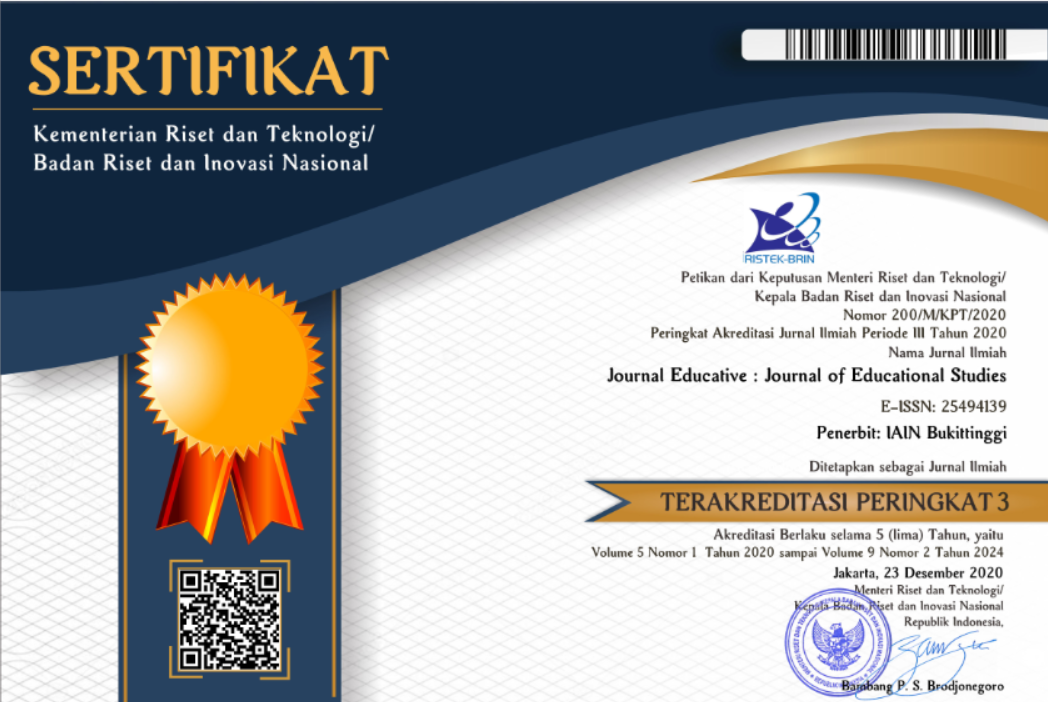
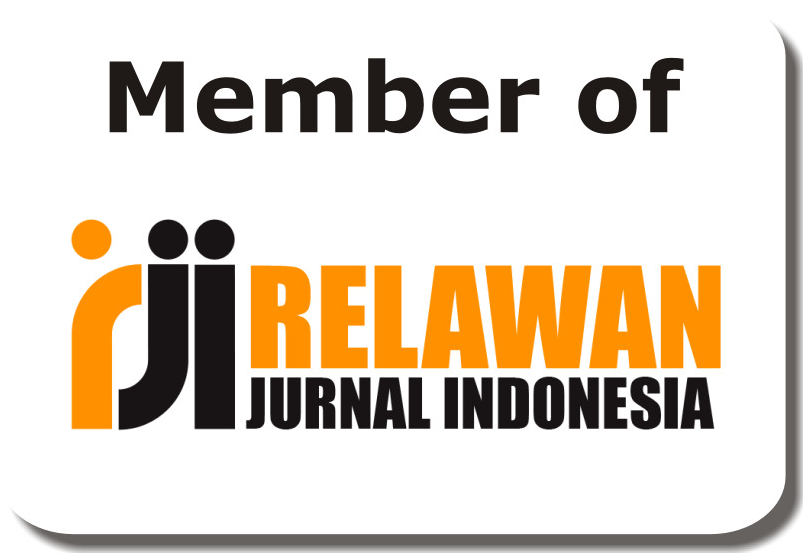


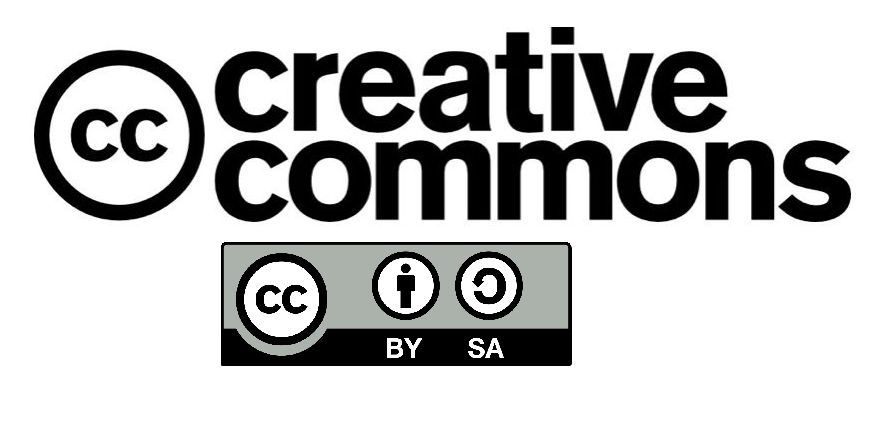


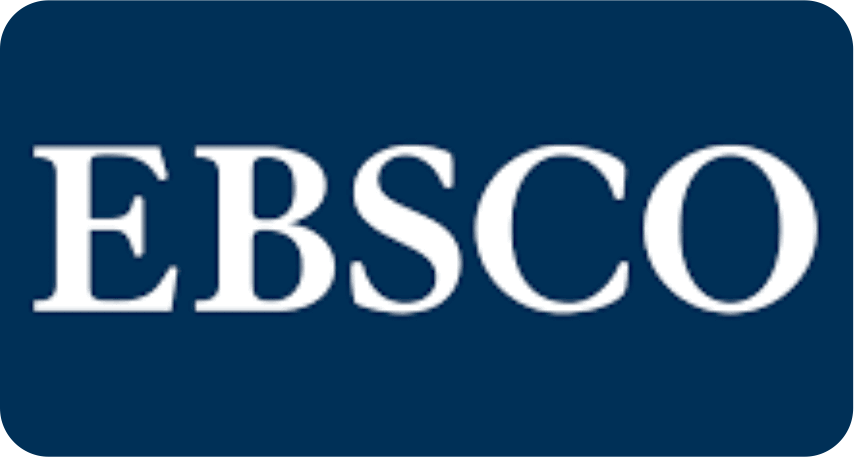






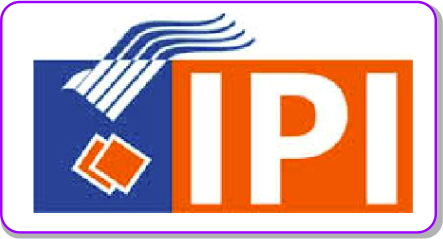 Â
 
